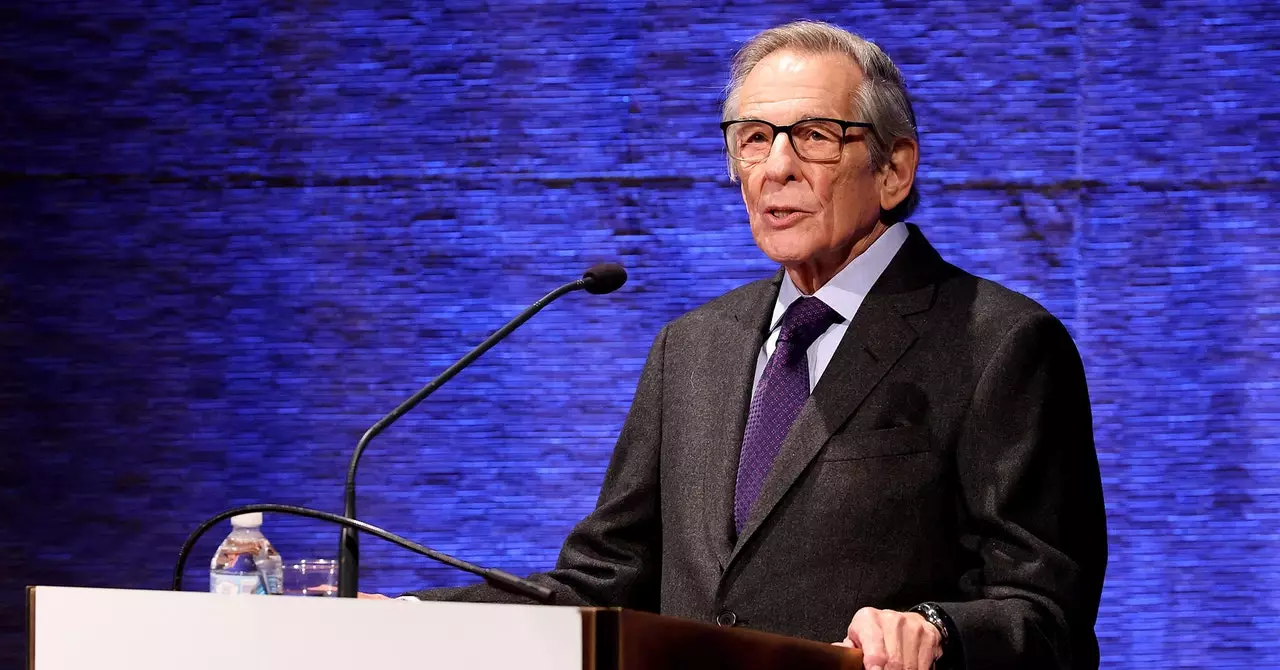In a rapidly evolving business landscape, effective communication remains a cornerstone of successful leadership. However, recent trends toward quick summaries and AI-driven shortcuts may pose a significant threat to the depth and quality of discourse within organizations. As we delve into the implications of these shortcuts, it becomes vital to examine not just the practicality of utilizing tools like AI but also the potential erosion of fundamental communication skills and critical thinking.
The case of Jeff Bezos serves as a compelling narrative on the value of thoroughness in leadership communication. His ban on PowerPoint and the introduction of the “6-pager” memo requirement at Amazon illustrates a strategic commitment to deep analysis over superficial presentation. By mandating that his team articulate their thoughts in a comprehensive document, Bezos ensured that each proposal was backed by considerable thought and detail. Moreover, the practice of starting meetings in silence as employees read through these concise, six-page memos fosters an environment of focused attention. This not only compels leaders to engage with the complexity of their proposals but also enhances collective comprehension within teams.
In contrast, the growing reliance on summarization—a convenience afforded by AI technology—can lead individuals to evade necessary mental exertion. When leaders delegate crucial ideation and evaluation to algorithms, they risk forming opinions based on shallow interpretations rather than on thoroughly examined data. The danger here is not merely a decline in analytical thought but rather the potential diminishment of articulate writing and expression in professional contexts.
While AI presents opportunities for efficiency, the risk of becoming too reliant on these technologies can lead to cognitive atrophy. The allure of obtaining summaries without engaging with full texts can promote a culture of brevity at the expense of depth. If professionals are accustomed to rushing through condensed reports or bullet points, the incentive to explore the nuances of their documents diminishes. Over time, this could contribute to a workforce less equipped to craft compelling narratives or articulate innovative ideas.
Furthermore, the notion that a leader can merely outsource writing tasks to AI carries significant implications for organizational integrity. If entire reports can be generated en masse in a matter of minutes, what will become of the quality and originality of organizational discourse? We may find ourselves producing work that resembles a poorly reproduced document, devoid of unique insights, perspectives, and creativity.
As organizations turn to AI-driven tools that capture and summarize meeting discussions, the very essence of collaboration may be undermined. When a leader like Sam Liang expresses diminished interest in attending meetings due to the availability of summaries, it raises fundamental questions about engagement and collective brainstorming. The opportunity for spontaneous dialogue, collaborative problem-solving, and organic idea generation could be vastly diminished, leading to a more detached workplace dynamic.
Leaders such as Liang confront a dilemma—while technology enhances efficiency, it may also discourage vital team interactions. The significance of physical presence in meetings cannot be overstated; it enriches conversations and aligns teams towards common objectives. As meetings increasingly become minimized by the convenience of summaries, the personal touch that defines successful leadership may fade, potentially hampering relationships within teams.
In synthesizing these observations, it becomes essential for leaders to question the efficacy of shortcuts in their communication methods. Embracing tools that facilitate efficiency should not come at the cost of engagement, critical thinking, and genuine interaction. The examples of Jeff Bezos and contemporary leaders demonstrate the profound impact that deep reflection and articulate expression can have on fostering innovative ideas and robust communication within organizations.
As we navigate the growing reliance on technology in the workplace, a balance must be struck between the efficiency of AI-assisted summaries and the irreplaceable value of thorough, human insight. Leaders must champion a culture that prioritizes meaningful discussions, encourages comprehensive analyses, and preserves the art of effective writing. Only then can we safeguard the essential skills that drive our organizations forward.


Leave a Reply